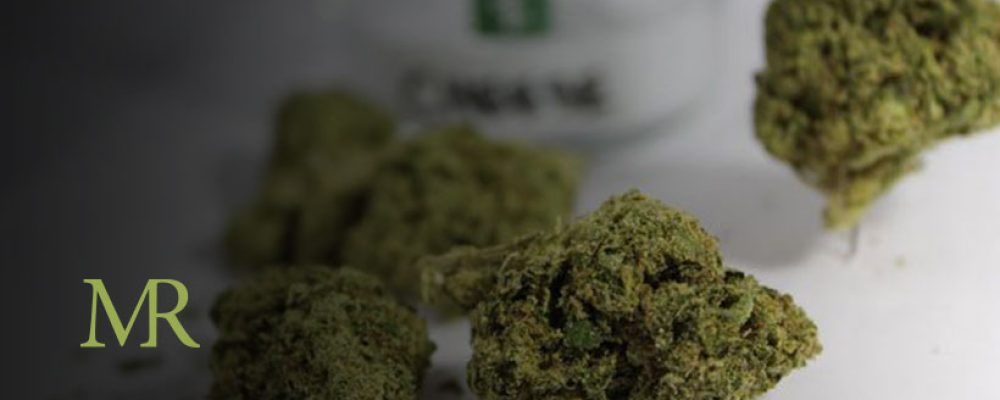At 8 am on November 1, the Marijuana Regulatory Agency — Michigan’s state licensing office in Lansing — was ready to accept hand-delivered applications at the counter. This move is one more step in the state’s long canna-journey from illicit herb to mainstream commodity.
The Marijuana Regulatory Agency (MRA) has 11 license categories, and industry experts say to expect the first legitimate and legal recreational marijuana operations open and ready for business within four months. The MRA anticipates issuing the first recreational licenses to companies already vetted and approved to grow, process, sell, test, or transport medical cannabis by the end of November.
That doesn’t mean the unveiling is complete, though. People won’t be able to waltz into a store and buy a pre-roll or some flower. There’s a matter of supply. Businesses need a product, and the fact that growers need a license to grow the marijuana means there’s a timing issue. And, there is no legal recreational cannabis supply. Yet. Once the grower obtains the appropriate license, then things can begin. But it’s still not ready. Yet. The grow cycle takes a few months, then adds in producing, testing, and all the bits and pieces that are required before a cannabis product can enter the market. With those processes complete, then there will be a supply for purchase.
There are 11 types of licenses available, and they cover a wide swath of the industry.
- Microbusiness, a smaller, self-contained business, allowed to grow, process, and sell the products from a maximum of 150 plants, an $8,000 license fee.
- Class A grower, allowed up to 100 plants, a $4,000 license fee.
- Class B grower, allowed up to 500 plants, $8,000 license fee.
- Class C grower, up to 2,000 plants, $40,000 license fee.
- Processor, converts marijuana from growers for sale in retail locations, $40,000 license fee
- Retailer, operates stores for purchase of processed marijuana, $25,000 license fee
- Secure transporter handles the transportation of marijuana between growers, processors, testing facilities and retailers, a $25,000 license fee.
- Safety compliance facility tests marijuana for contaminants, a $25,000 license fee.
- Event organizer plans and organizes marijuana-related events, such as trade shows, $1,000 license fee
- Temporary event license allows for the consumption and sale of marijuana at a location for a limited length of time, license fee based on the number of vendors and other factors.
- Consumption establishment operates a business designated for marijuana consumption, a $1,000 license fee.
The MRA cautions businesses against selling black market marijuana before receiving their license. The agency vets all applications carefully with a team of 15 analysts. If an application is missing information or has other flagged issues, the business has five days to provide the information or correct the problem. Those that don’t comply risk having their application thrown out and the state keeps the hefty application fee.
That brings us to cost. The fee to apply for a recreational marijuana business is $6,000. That fee is required when applying to the state, and there is no guarantee that a license will be issued. Then, if you get a license, you need to pay licensing and renewal fees ranging from $1,000 to $40,000, depending on the type of license you bought. Oh, and applicants need to have a $100,000 liability and bodily injury insurance policy, too.
When the industry officially opens for business in 2020, don’t expect a recreational shop on every corner. Like other states, Michigan is qualifying those already doing business in the state’s medical marijuana industry. These operations are vetted through the state’s medical marijuana program. Much of the information required to operate under the recreational segment is already on file with the state.
Likewise, through December 2021, those wanting to apply for larger licenses — as a retailer, processor, secure transporter or a class B or C grower — must already hold a license allowing them to operate medical marijuana businesses in the state. The intention behind these licensing restrictions is to give those who have invested heavily in the medical industry a head start, ensuring the advent of recreational marijuana didn’t threaten their investments.


